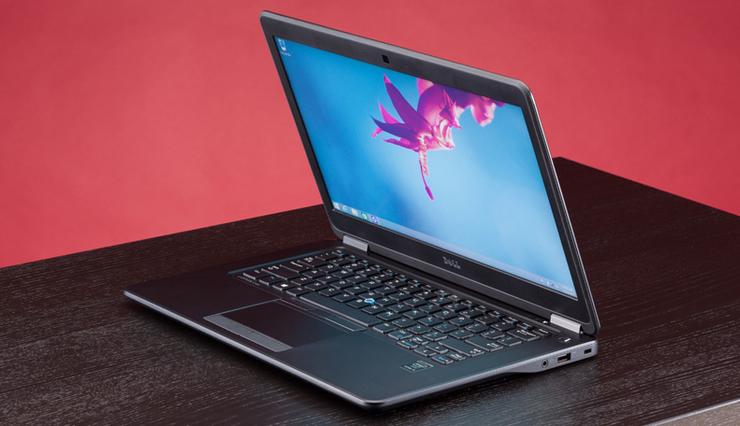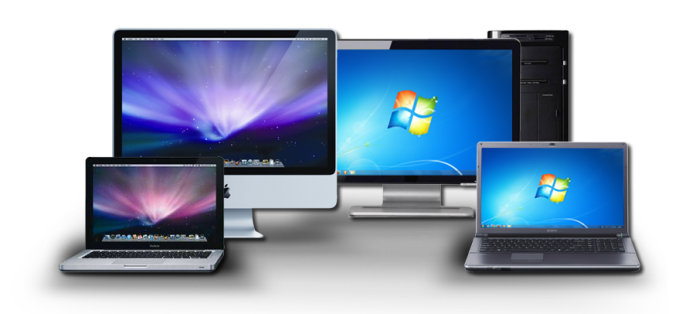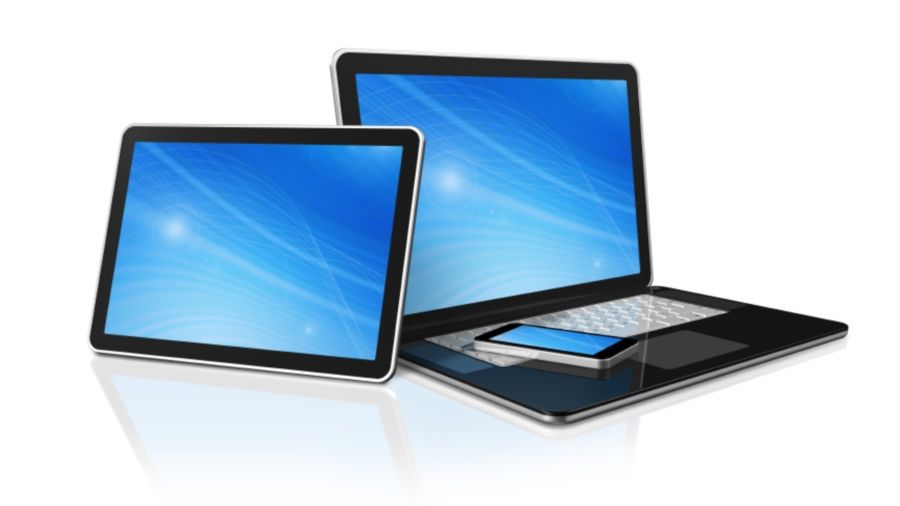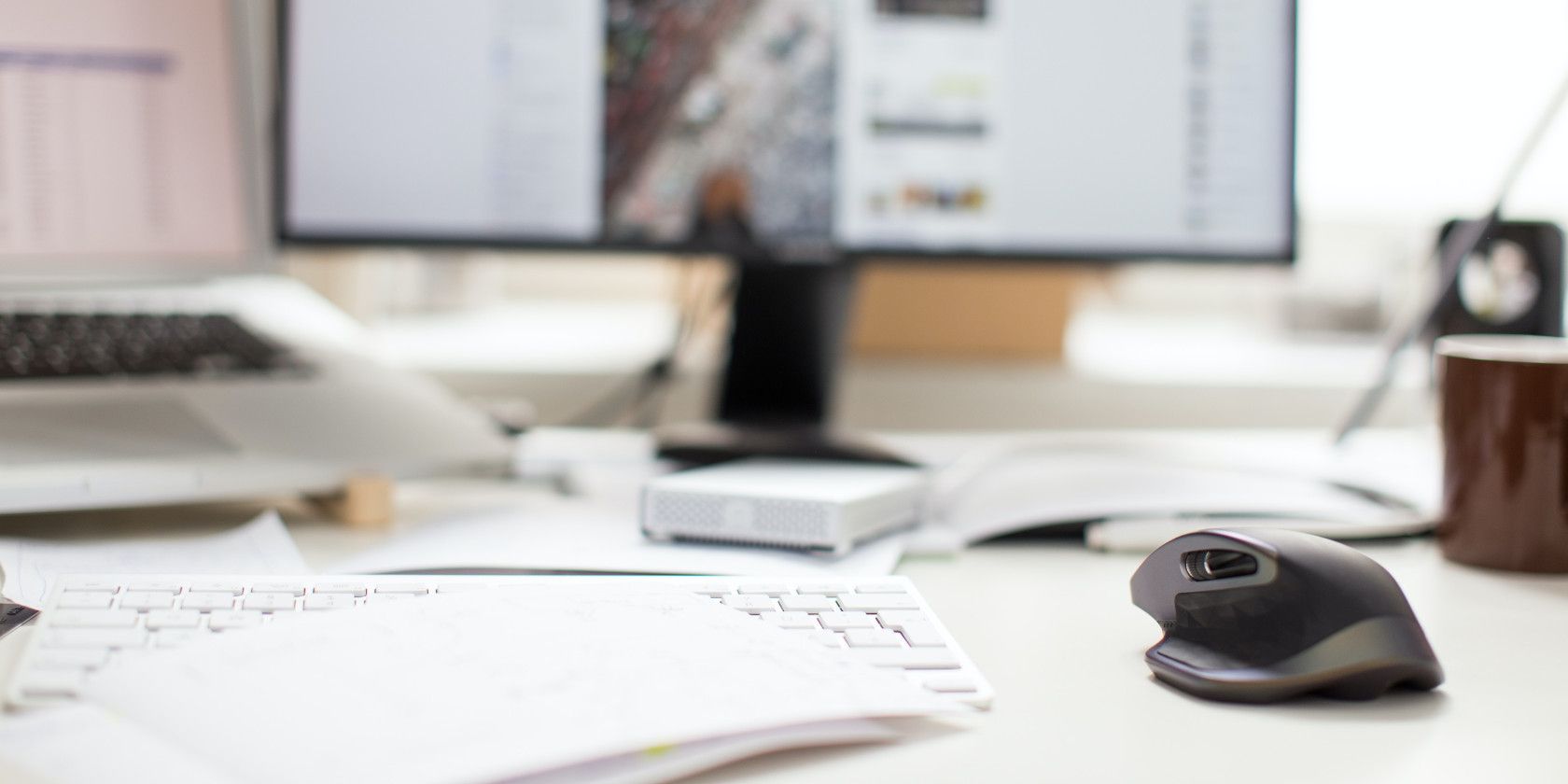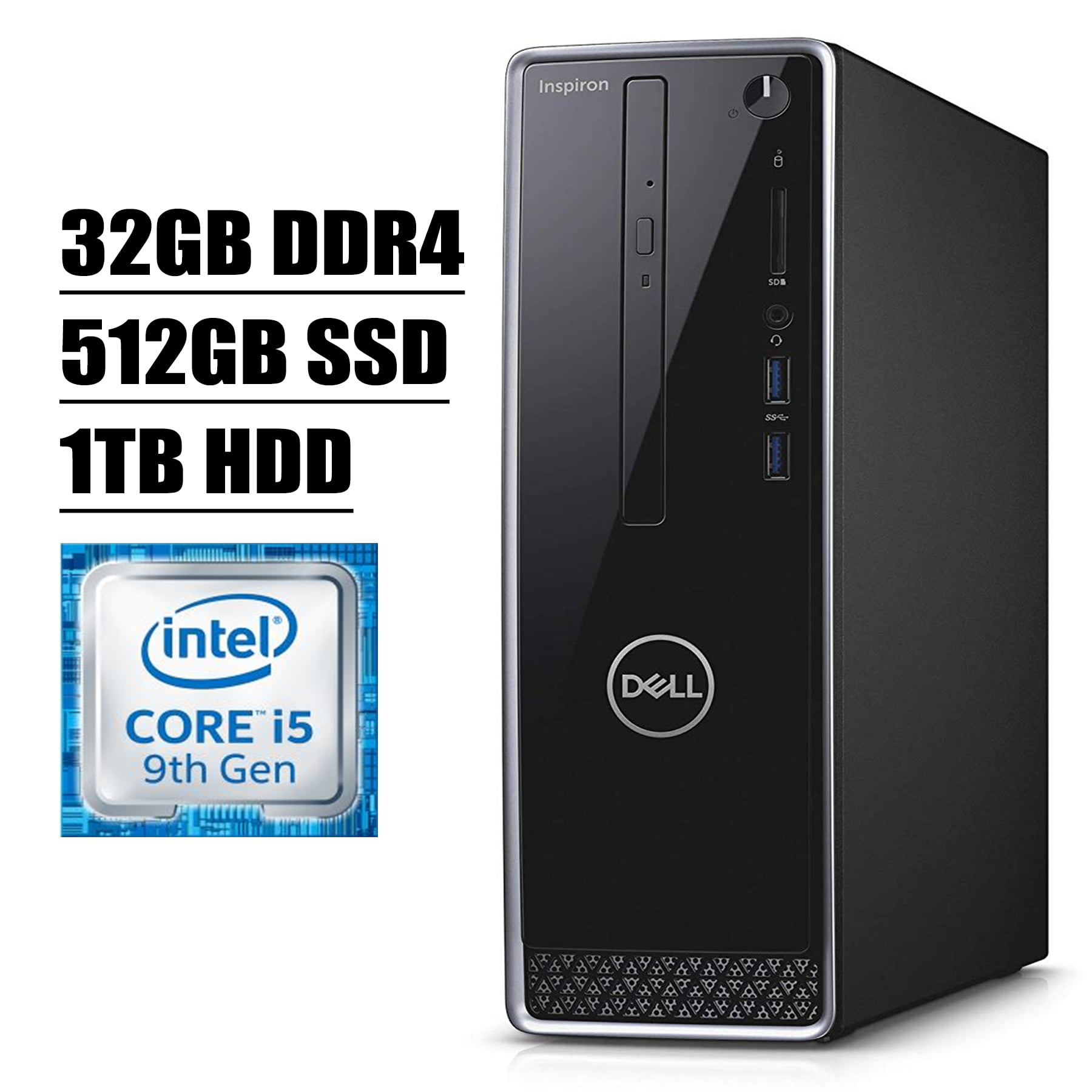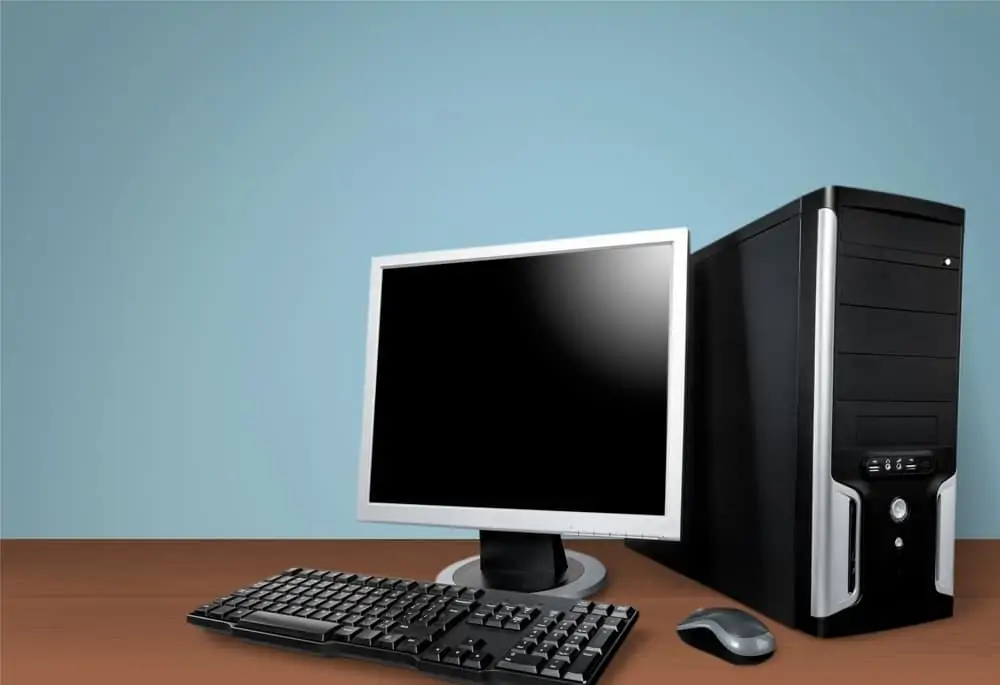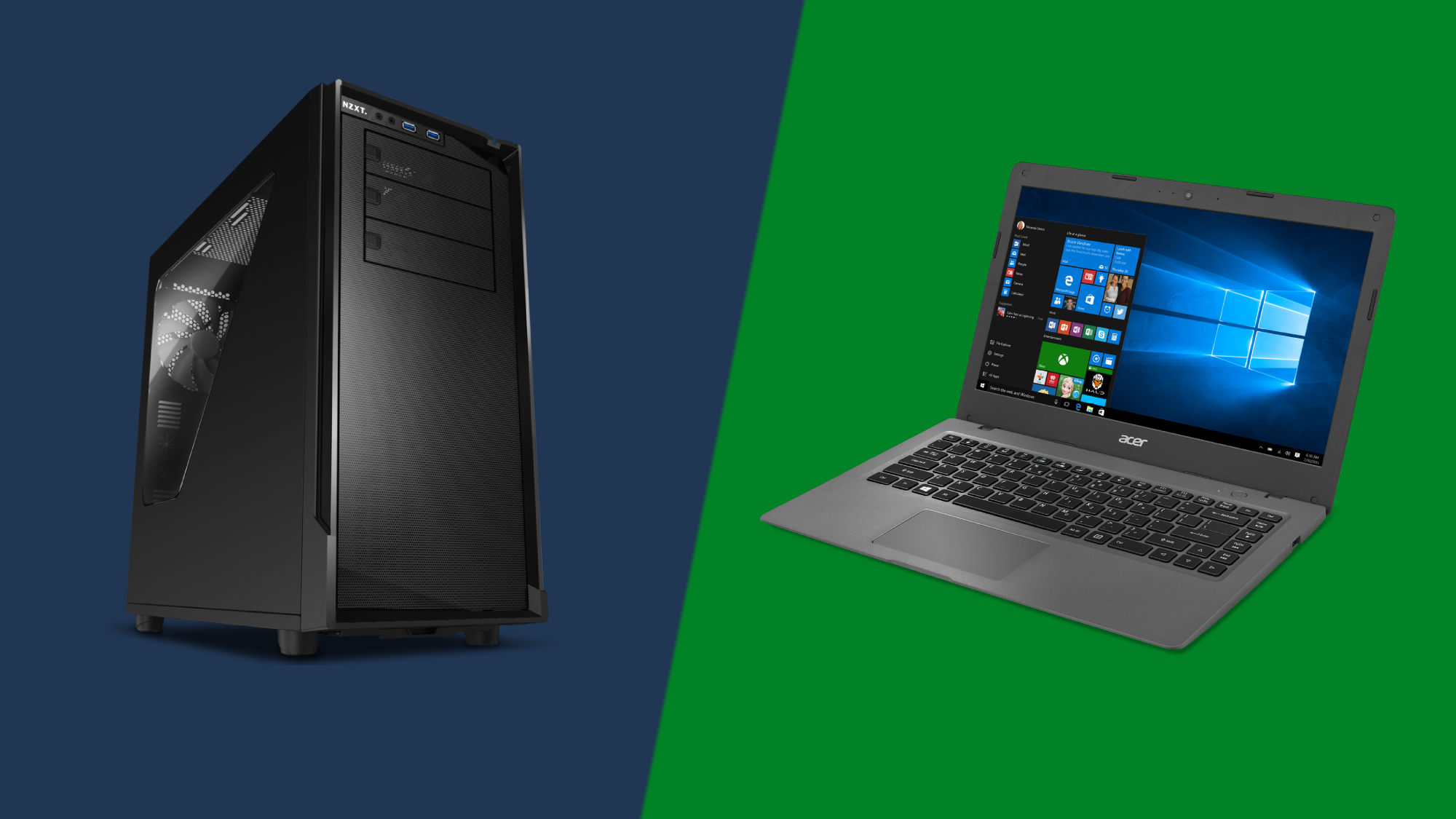Laptop Or Desktop For Small Business
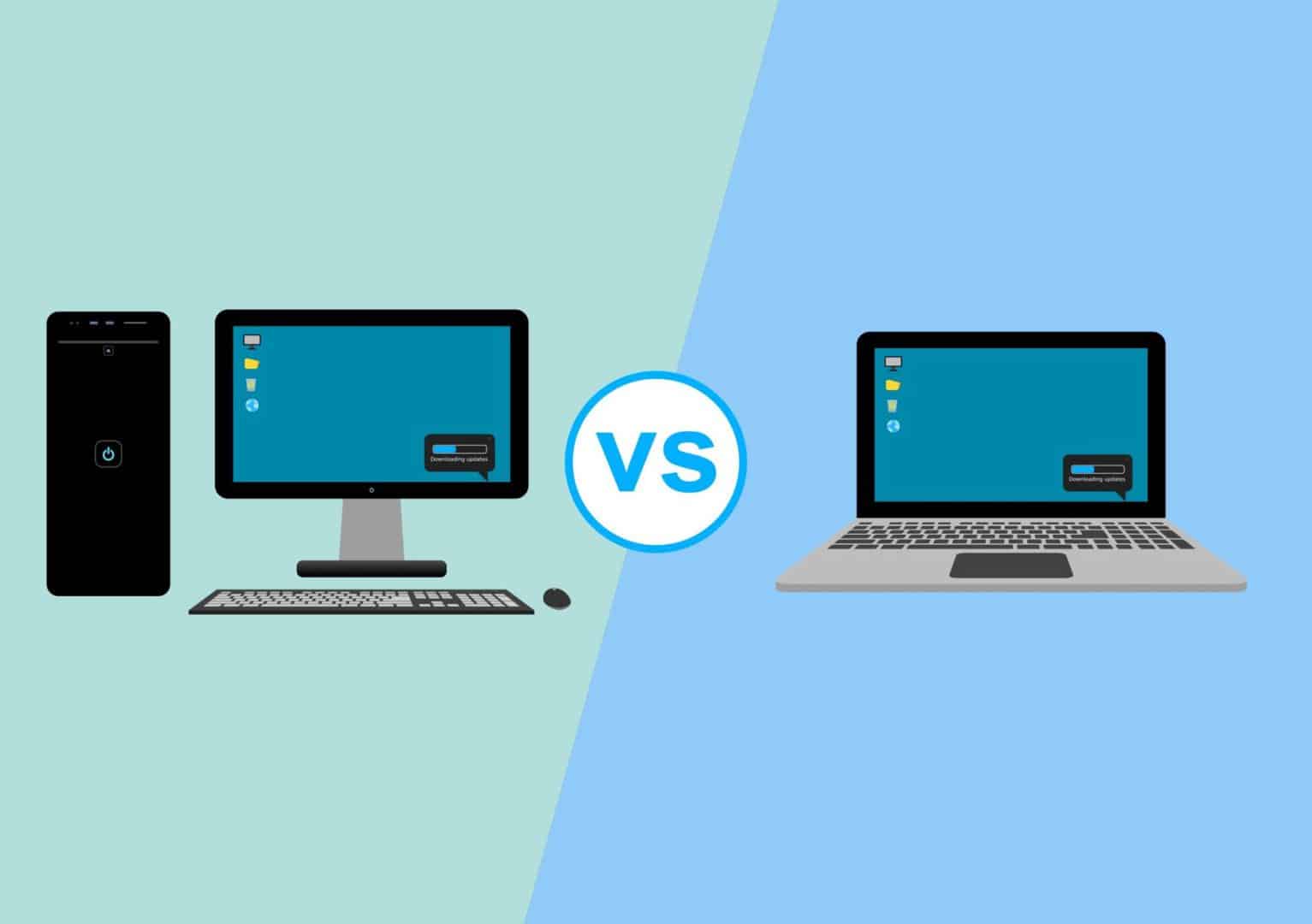
Running a small business is a marathon, not a sprint. The right tools can make all the difference, and choosing between a laptop or a desktop is a crucial first step.
This guide is for those diving into the world of business ownership, possibly purchasing their first computer for their venture. We'll explore the pros and cons of each, helping you make an informed choice that aligns with your specific needs and budget.
Laptop vs. Desktop: Why Does It Matter?
Your computer is your command center. It's where you manage finances, communicate with clients, and develop your products or services.
Choosing the wrong one can lead to frustration, inefficiency, and even lost revenue. The right choice, however, will empower you to work smarter, not harder.
Laptops: The Freedom of Mobility
Laptops offer unparalleled portability. You can work from anywhere – a coffee shop, a client's office, or even your own backyard.
This flexibility can be a game-changer for entrepreneurs who are always on the go.
Desktops: The Powerhouse of Performance
Desktops typically offer more processing power and storage for the same price as a laptop. They're ideal for tasks that demand serious performance, such as video editing or data analysis.
Desktops are also easier to upgrade, extending their lifespan and protecting your investment.
Comparison Table: Top 5 Models for Small Businesses
| Model | Type | Price (USD) | Specs (CPU/RAM/Storage) | Warranty |
|---|---|---|---|---|
| Dell XPS 15 | Laptop | $1,599 | Intel i7/16GB/512GB SSD | 1 Year |
| Apple MacBook Air (M2) | Laptop | $1,199 | Apple M2/8GB/256GB SSD | 1 Year |
| HP Envy Desktop | Desktop | $899 | Intel i5/12GB/256GB SSD + 1TB HDD | 1 Year |
| Lenovo ThinkCentre M70q | Desktop | $749 | Intel i3/8GB/256GB SSD | 1 Year |
| Microsoft Surface Laptop 5 | Laptop | $1,299 | Intel i5/8GB/512GB SSD | 1 Year |
Detailed Reviews
Dell XPS 15: The All-Around Performer
The Dell XPS 15 is a powerhouse laptop with a stunning display and impressive performance. Its robust processor and ample RAM make it perfect for demanding tasks.
However, its price point might be a barrier for some startups.
Apple MacBook Air (M2): Sleek and Efficient
The MacBook Air (M2) is known for its sleek design and impressive battery life. Its M2 chip delivers excellent performance for everyday tasks.
It's a great choice for users who value portability and ease of use, especially if you are in the Apple ecosystem.
HP Envy Desktop: The Versatile Workstation
The HP Envy Desktop offers a balance of performance and affordability. Its combination of SSD and HDD storage provides both speed and ample space for files.
It’s a solid choice for businesses that need a reliable desktop without breaking the bank.
Lenovo ThinkCentre M70q: Compact and Cost-Effective
The Lenovo ThinkCentre M70q is a compact desktop that's perfect for small offices with limited space. It offers good performance for basic business tasks at an affordable price.
Its smaller size doesn't sacrifice performance, making it a smart budget-friendly pick.
Microsoft Surface Laptop 5: Premium Design, Seamless Experience
The Microsoft Surface Laptop 5 combines a premium design with a smooth Windows experience. Its touchscreen and comfortable keyboard make it a pleasure to use.
The design and functionality makes it a great choice for users who value aesthetics and usability.
Used vs. New: Weighing the Options
Used: Pros
- Lower Cost: Significantly cheaper than buying new.
- Depreciation Savings: Someone else has already absorbed the initial depreciation hit.
Used: Cons
- Uncertain History: You don't know how well the computer was treated.
- Limited or No Warranty: Repairs can be costly.
- Outdated Technology: May not support the latest software or features.
New: Pros
- Latest Technology: Access to the newest features and software.
- Full Warranty: Protection against defects and malfunctions.
- Guaranteed Performance: Peace of mind knowing the computer is in optimal condition.
New: Cons
- Higher Cost: A more significant upfront investment.
- Depreciation: Loses value quickly, especially in the first year.
For startups on a tight budget, a carefully vetted used computer can be a viable option. However, for reliability and peace of mind, a new machine is often the better choice.
Reliability Ratings by Brand
Reliability is a crucial factor. Based on customer surveys and industry reports, here's a general overview:
- Apple: Generally considered highly reliable, but repairs can be expensive.
- Dell: Known for their robust business-class laptops and desktops.
- HP: Offers a wide range of models with varying reliability levels.
- Lenovo: ThinkPads are renowned for their durability and reliability.
- Microsoft: Surface devices offer sleek designs but have had mixed reliability reviews.
Remember to check reviews specific to the model you are considering, as reliability can vary within a brand.
Checklist: 5 Must-Check Features Before Buying
- Processor: Choose a processor that meets your needs. An Intel i5 or AMD Ryzen 5 is generally sufficient for most business tasks.
- RAM: 8GB is the minimum, but 16GB is recommended for smoother multitasking.
- Storage: SSD (Solid State Drive) is essential for fast boot times and application loading. Aim for at least 256GB.
- Ports: Ensure the computer has the ports you need, such as USB-A, USB-C, HDMI, and an SD card reader.
- Display: Consider screen size and resolution. A higher resolution display can improve productivity.
Summary: Making the Right Choice
Choosing between a laptop and a desktop for your small business is a significant decision. Consider your budget, workflow, and the tasks you'll be performing most often.
Laptops offer portability and flexibility, while desktops provide more power and upgradeability. Weigh the pros and cons carefully, and don't hesitate to seek expert advice.
Remember that the ideal choice aligns with the specific needs and circumstances of your business.
Ready to Choose?
Take the next step towards empowering your small business with the right technology. Research specific models, read reviews, and compare prices.
Visit your local electronics store or browse online retailers to find the perfect laptop or desktop for your entrepreneurial journey. Don't hesitate to consult with an IT professional if you have specific technical requirements.
